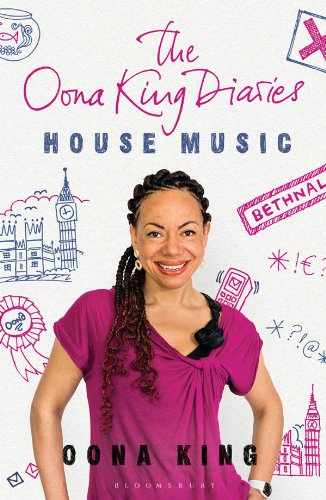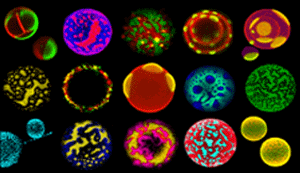Genocide in Rwanda had been under way for 48 hours when 36-year-old Monique was told by a friend she would be killed. Monique fled, but her 12-year-old niece, Geraldine, was raped that night, and took years to die. "Aids is the second genocide," says Monique, who lost 27 members of her close family in 1994. That doesn't include her grandfather, who was murdered in 1963; her aunt, raped and murdered in 1973; and her father, attacked and interrogated in 1990, who later died from a heart attack. Monique's family provides a gruesome snapshot of 30 years of cyclical bloodshed that paved the way for genocide.
What Monique says next, between sips of Diet Coke, is equally chilling: "It hasn't yet stopped. After it finished in Rwanda, genocide continued in the Congo." We are sitting next to a sparkling green lake, on the border between Rwanda and the Democratic Republic of Congo. What is indisputable is that when the current Rwandan government ended the genocide, the perpetrators fled to Congo. The international community, which failed the Rwandan people so spectacularly, finally swung into action - only to unwittingly house and feed the genocidaires. These people, known as the Interahamwe, used UN camps to regroup. They've been raping and pillaging ever since, joined at different times by militias and armies from six neighbouring countries. The murder and mayhem is on a scale unseen anywhere else in the world today. Yet the world continually averts its eyes.
A staggering four million people have died since 1998 as a result of this war. That's more fatalities than in Iraq, the Middle East, the Asian tsunami, Darfur and the Pakistani earthquake combined.
Why does nobody care about death in Congo? For a start it's complicated. There are no obvious heroes and lots of villains. Second, it's the vast scale. Although Congo has the same population as the UK - 60 million - it is spread over a country the size of western Europe. Thirdly, it's Africa. People despair of the intractable nature of conflict and corruption, spurred by resource exploitation in the shape of blood diamonds, gold and other cursed riches.
Perversely, as a fragile peace process paves the way for the first elections in 60 years, violence in some parts of the country is increasing. This is because armed soldiers have been demobilised, with little incentive to behave. Worse, those staying in the army are given guns, only $0.30 per day, and carte blanche to terrorise the local population and live off it for survival. The single most important breakthrough necessary is an effective Congolese army, but Europeans don't want their aid money spent on improving armies.
Despite tragedy everywhere, there is great optimism. Opinion polls show that a majority of Congolese people believe President Joseph Kabila will put his people's needs before personal greed, and promote good governance. So do I. But the precedent set by many African leaders is not good. If he wins the elections he faces vast challenges. And, until recently, the country's budget was the same as that of my London borough.
Far more worrying is the long term. War has destroyed the very foundations of Congolese society. Support networks have collapsed, replaced by suspicion and superstition. Desperate people flock to evangelical preachers promising deliverance. Inspired by the TV mass-marketing of their American evangelical cousins (Pat Robertson visited Congo in the mid-90s, allegedly prospecting for gold), congregations are told to blame their children when priests' prayers fail. They have to blame someone, as priests routinely charge $1,000 per prayer. Previously unimaginable atrocities are being committed by parents against their children.
So where is the hope? The International Criminal Court is bringing its first case to trial - of crimes against humanity committed in Congo. The international community is finally recognising its blood-splattered past in the Great Lakes region and delivering resources needed for elections to take place. The British government recognises Congo's desperate need, and by next year Britain will become the largest bilateral donor. Today, a debate takes place in Westminster on Congo, and MPs will demand further action.
No matter how incomprehensible the scale of catastrophe, Monique reminds me that individuals make a difference. It was an individual that saved her. You too can easily make a difference by not turning the other cheek on the world's forgotten catastrophe. Genuine peace in Congo will help stabilise the whole of Africa, as well as our planet.
Oona King is founding Chair of the All Party Parliamentary Group on the Great Lakes Region. Cheques to: APPG c/o Eric Joyce MP, Portcullis House, London, SW1A 0AA.
Published in The Guardian on 19 April 2006

